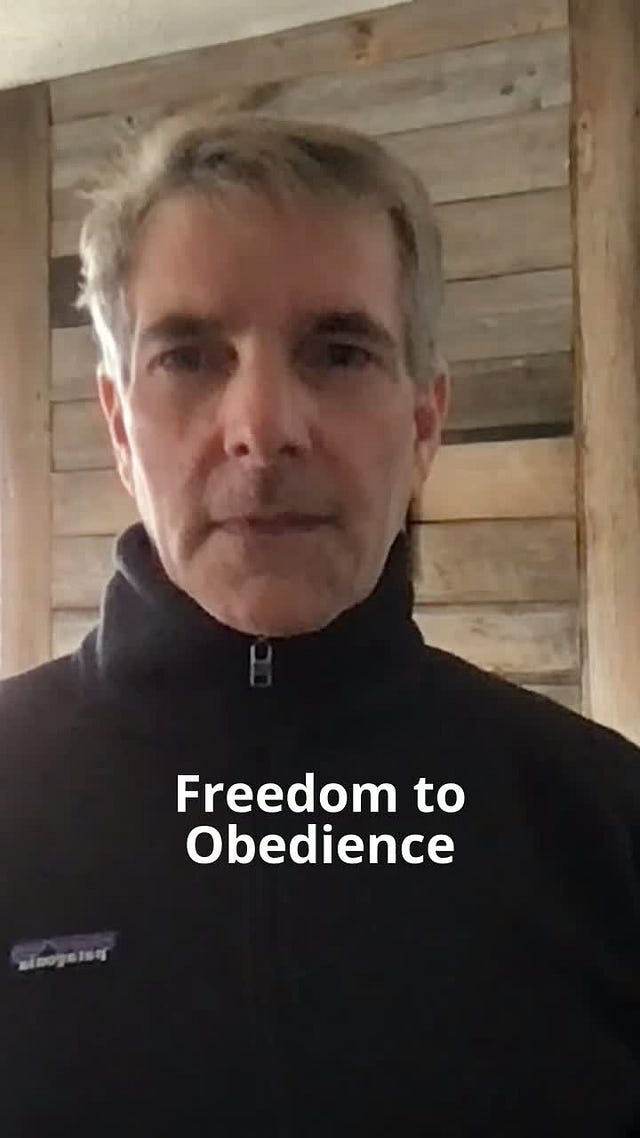Today's Briefing: Who Gets to Decide?
A cultural analysis of power, authority, and leadership in government and society.

Signal Chat Fallout, Trump’s Auto Tariffs, and the Supreme Court’s Ghost Gun Ruling.
National security, economic policy, and gun regulation all raise the same question: Who has the right to make decisions that affect everyone else?
And that’s what everyone misses—it’s not really about politics or policy - it’s about power, how much of it we’re willing to give our leaders, and what happens when they take more than expected.
The Cultural Connection
Cultures view power and authority at two extremes:
High power distance cultures accept hierarchy. Leaders make major decisions with little input. Those affected by these decisions are expected to comply without question. In high power distance cultures, people want to comply.
Low-power distance cultures question authority. Leaders make decisions with transparency, accountability, and public input. Those affected by these decisions are part of the decision-making process. In low-power distance cultures, people question authority, discuss decisions, and comply if the decisions make sense.
Which system works best? Should leaders lead from above or be guided from below?
It all depends on your cultural perspective.
The News
Signal Chat Fallout: When Power Operates in the Shadows
A leak of Signal chat messages between US officials has revealed hidden details of military operations in Yemen—raising alarms about transparency and executive overreach.
Trump’s Auto Tariffs: One Leader, Global Impact
President Trump has imposed a 25% tariff on imported vehicles, drawing criticism from allies and economists and causing sharp declines in automaker stocks.
Supreme Court on Ghost Guns: Authority Over Autonomy
The US Supreme Court upheld a federal regulation limiting untraceable “ghost guns.” Supporters praise it as a move toward safety; opponents see it as a loss of individual rights.
Why This Matters
Whether it’s leaked chats, economic shockwaves, or judicial authority, today’s stories show how cultural views on power shape our expectations.
In high power distance cultures, secrecy is strategic, bold leadership is respected, and institutional rulings reinforce societal order. Leaders are trusted to act independently, even if the public doesn’t fully understand or participate in decision-making.
In low power distance cultures, such actions raise red flags. Hidden decisions, unilateral tariffs, and court-imposed limits on individual freedoms often trigger a backlash.
These societies demand transparency, collaboration, and accountability—believing that power must always be checked and shared.
Should leaders act boldly and independently, or should decisions be collaborative, transparent, and questioned?
Of course, there is a balance between the two extremes, and each nation and individual must decide for themselves.
What’s best for you? It all depends on your cultural perspective.
Today on TikTok
Self-determination or following the leader?




